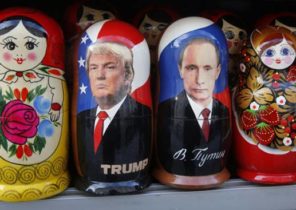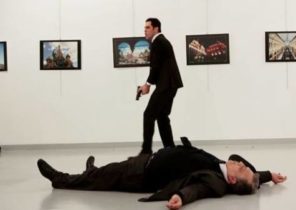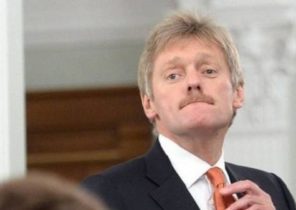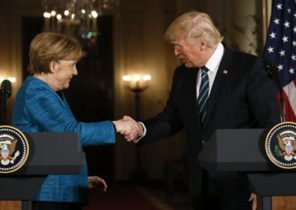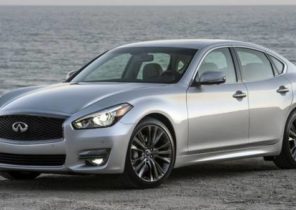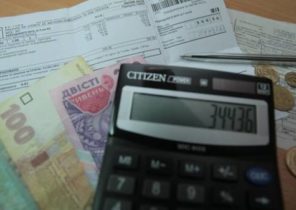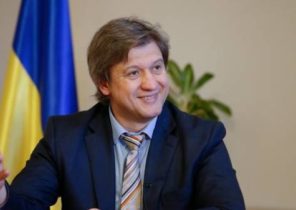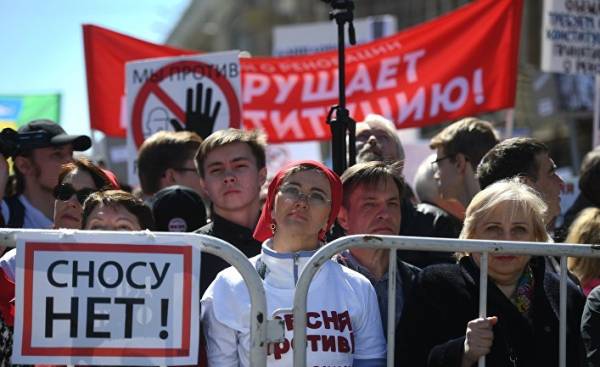
At the summit in Taormina countries “the Big seven” have agreed to keep anti-Russian sanctions over the annexation of Crimea and Russian aggression in Eastern Ukraine. And the us government stepped back from its demands to ease sanctions and even threatened them with a tightening, if the Kremlin does not fulfill its obligations under the Minsk agreements.
For a long time feared that a President trump plans to “deal” with Moscow at Ukraine’s expense. However, intensified the investigation of relationships trump with the Kremlin, apparently, has pushed the White house to take careful action in order not to create the impression of a too great intimacy between the American President and the Putin regime.
Position in relation to Russia on the issue of Ukraine seems to be one of the few issues on which the transatlantic partners have a common position. However, this does not negate the fact that the West is as before far from long term coherent strategy in relation to Putin’s Russia.
Is Russia a partner?
How actively demonstrates hard-line approach towards Russia and a growing awareness of the danger to the institutions of the Western democracies from the Russian cyber – and information war operations, as Europe is actively trying not to harm economic relations with their differences. While opinions differ about the deteriorating economic situation in the country or, on the contrary, will improve.
Although Russia is actively involved in Syria in the war of destruction on the side of the Assad regime, Western leaders never tire of talking about common goals with the Kremlin in the struggle against terrorism and to characterize him as a partner for stabilization.
The fact that Vladimir Putin took the red carpet for new French President in the Palace of Versailles shortly after his election, although Emmanuel macron during the election campaign has been the target of Russian hackers, demonstrates this duality.
Deep uncertainty
The West is torn between the understanding that, together with Putin’s neo-imperialism there was a dangerous global enemy, and hope that in the case of aggressive anti-Western course of Moscow we can talk to the temporary confusion which sooner or later will change, namely the Russian autocrat is aware of the advantages of balance of interests.
Meanwhile, among the elites crisis of the West is increasing the susceptibility against corruption of Putin’s ruling system. It is noticeable that Putin well you can get along, if you take his lawless rule.
A deeper reason for the uncertainty in dealing with the Russian authoritarian leadership is associated with the uncertainty of how stable and long lasting current Russian system of government. Roughly speaking, in the West there are two opposing views — the pessimists and optimists of the renovation.
Accession to the present
First suppose that the roots of Putin’s authoritarianism lie deep in the cultural and mental tradition of Russian society. If you do focus on this, the democratization and the Europeanization of Russia in the foreseeable future — an idealistic illusion. The second based on the fact that special Russian way in the context of global communication and rapprochement will not be able to be implemented. They indicate that along with the growing isolation and economic decline of Russia from the regime will turn away those parts of the elites and the General population who do not want to lose touch with modernity.
This is a fundamental difference in the assessments of the future of Russia is reflected in the debates within the Russian opposition — or what was left of it in the repressive conditions in Russia. During the recent session of the Russian forum in Vilnius, organized by the Ministry of foreign Affairs of Lithuania, it was possible to trace contradictions among critical towards Putin patriots.
If Putin knew
Civil initiatives indicate the growing potential for conflict, focused under the surface of supposedly dominant support for Putin and expressed increasingly in protests and strikes truckers.
But if a large part of the population of society is growing discontent with corruption, recession and the arbitrariness of the apparatus of power, skeptics note that it is not directed against Putin. In relation to the head of the Kremlin’s position the following — “If the leader knew”.
The hopes of the opposition, for example, former oil tycoon Mikhail Khodorkovsky, who spent a long time in prison and then was pardoned by Putin that the protest movement mobilization and participation in elections can lead to changes in Russia, they think romance. Brutal repression, which the Kremlin now practicing in the annexed Crimea, the trial version that the Kremlin plans to do in Russia.
The Concept Of Khodorkovsky
In exile, Khodorkovsky has been developing its strategy of “Open Russia” — community opposition and civil groups in the form of a sort of “round table”. According to him, the unity of the opposition with a single programme and leader reflects the authoritarian principle that Putin wants to impose on society.
Khodorkovsky also criticizes Western sanctions, which hinder the broad exchange between the ordinary Russian population and society of the West. Instead, you must deliberately impose sanctions against the organizers and beneficiaries of Putin’s system.
This concept of Khodorkovsky is the idea that an authoritarian regime Russia imposed from above and not supported by larger part of the population.
The criminal energy of the head of the Kremlin
Polls, that the vast majority of the population supports Putin, because of fear of reprisal do not have their value. Khodorkovsky and his supporters do not want Russia to identify with the machinations of Putin.
But you can question the thesis that the Russian autocracy is based only on one’s personal pursuit of power and criminal energy of the leader and his subjects, and therefore unstable. On the Russian forum there was no question about ideology, which develops the regime, particularly among Russian youth.
Although we are not talking about a uniform state ideology, as in Soviet times. But with a kind of patchwork of nationalist, conservative and neo-Soviet theories Putin has created an ideological basis for their rule, the nucleus of which forms an anti-Western attitude.
The question is how deeply in the minds of the elites and the wider population stuck in this way of thinking, depends not in the least forecast what will happen after Putin — will there be something better.
As a promising rival to Putin and is considered Alexei Navalny. The fact that he himself a few years ago played the role of ultra-nationalist politics, the opposition, such as Khodorkovsky, a substantial do not consider. If Navalny will participate in the presidential elections, he would support it.
Bulk stands for a pluralistic society, but sets are the Central foreign policy issues like the annexation of Crimea, to the side. Critics believe it is a great mistake to ignore such controversial issues, for reasons of nationalist sentiment. Because in the power fantasies they see the root of all Russian troubles.
For the West it all can mean that it can’t create a relationship between their own actions and the unpredictability of internal development of Russia. In order for the survival of Western democracy must designate the Kremlin clear boundaries. If they want to contribute to free trends in Russia — their opportunity to influence the future development of the country is limited.

